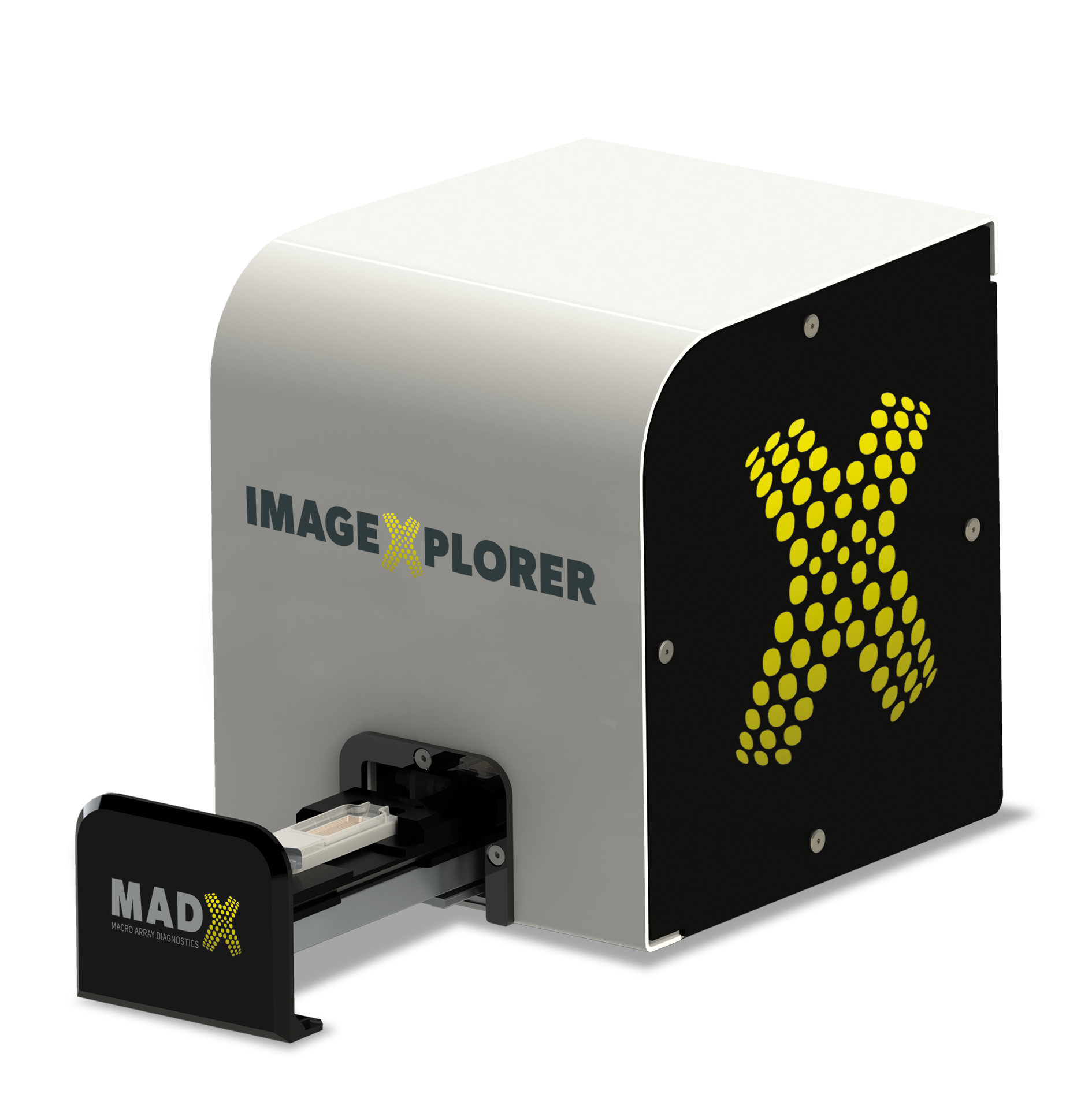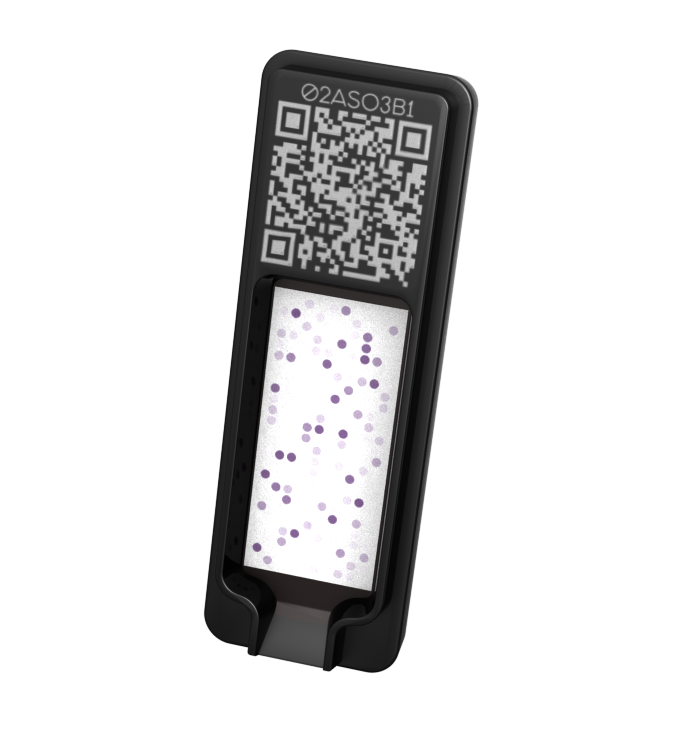Allergy blood test - testing using biochip technology
- Modern test methods for allergies and food intolerances
- Fast and precise diagnostics with just one blood sample
- Test includes 295 different allergens
- Full cost coverage for privately insured persons
In our practice, we offer analysis for allergens in the blood using macroarray diagnostics. This is a modern and precise method for determining allergies in the blood using a microchip. This technology makes it possible to test a large number of allergens simultaneously and thus offers a comprehensive analysis of a patient’s allergic profile. In contrast to conventional individual tests, in which only a few allergens are examined, macroarray diagnostics can determine hundreds of allergens from a single blood sample.
The allergy profile covers 295 allergens and therefore most allergy triggers:
- 03 Plant-based foods
- 61 pollen types (tree pollen, herb pollen, grass pollen, cereal pollen)
- 40 animal foods
- 24 mite species (house dust mites and storage mites)
- 20 Animal hair and dandruff
- 15 Molds and yeasts
- 9 Insect venom allergens
- 10 other allergens
How the test procedure works
In macroarray diagnostics, tiny amounts of different allergens are found on a microchip in a defined pattern. The patient’s blood is then passed over this allergen-laden surface. If IgE antibodies against one of the applied allergens are present in the patient’s blood, they bind to the corresponding allergen. A scanner detects the intensity of the signals, which is proportional to the amount of bound antibodies. These signals are then evaluated to determine which allergens the patient is sensitized to and to what extent.


Advantages of the allergy blood test:
- Comprehensive analysis: The ability to test many allergens simultaneously enables a comprehensive representation of a patient’s allergic profile. This is particularly useful for patients with many allergies or non-specific symptoms.
- Speed and efficiency: The test duration is relatively short. This enables rapid diagnosis and treatment planning.
- High sensitivity and specificity: The accuracy of macroarray diagnostics is very high, which leads to reliable results and precise identification of allergens.
Who is the test suitable for?
- Patients who suspect an allergy or several triggers, e.g. pollen, house dust or animals
- Patients with suspected food intolerance or intolerance/s
- Follow-up during or after hyposensitization to certain allergens

